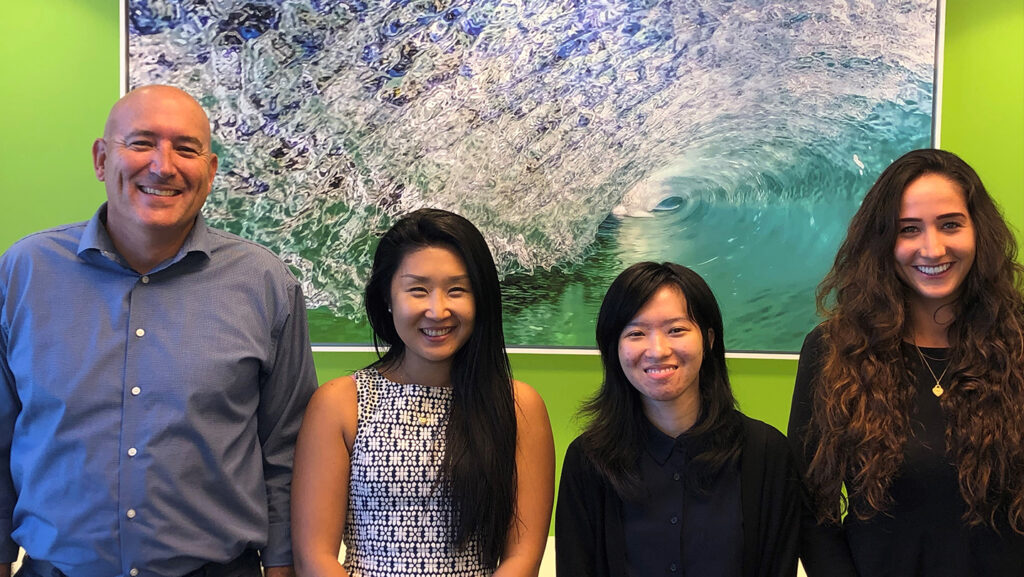Booz Allen on Growing Hawaii’s AI Workforce
Booz Allen executives Judy Dotson and Ed Barnabas appeared on Hawaii Public Radio last week to discuss artificial intelligence, cybersecurity, and workforce development in the islands. The reprecorded interview with Catherine Cruz provided myriad insights into how the major defense contractor is aiming to expand Hawaii’s tech talent pipeline.
When asked about the sense of urgency around keeping up with AI, Barnabas noted the rapid advances being made in generative AI like GPT-3. “The takeaway is, technology has already taken huge leaps in the past short few years,” he said. “And it’s it’s now poised to take even bigger leaps.”
A key focus for Booz Allen is portraying the possibility of tech jobs existing right in Hawaii, so local students see a path to stay on the islands after graduation.
“Maybe they when they think of DOD work, they think of the shipyard, right, but what they weren’t aware of was this the high demand for technologists, from engineers, to data scientists to cyber professionals, here on island,” Barnabas explained.

Dotson stressed the importance of data literacy in taking advantage of new technologies like AI. She said companies need “an understanding of where you want to go and what the potential is. And that often requires a degree of data literacy to analyze what you have, and decide what technologies you want to move towards.”
To promote this type of literacy and exposure to AI concepts, Booz Allen has spearheaded educational partnerships in Hawaii schools. Barnabas discussed their collaboration with the DOE and Chamber of Commerce using AI curricula from AI.edu and Mark Cuban’s foundation.
“We have to think about how we’re teaching our keiki,” Barnabas noted. “However, the program was actually directed at teachers, because they are the main translators between what what a student understands on terms of what they’re learning, and how that translates into industry.”
With over 350 employees in Hawaii and nearly 700 across the Pacific, Booz Allen says it is making meaningful investments to grow Hawaii’s workforce for an AI-powered future. Barnabas summed it up well: “it’s really just to keep growing that workforce, and enabling that pipeline for for the next generation.”
Barnabas recently authored an opinion piece in Civil Beat about Preparing Hawaii’s future workforce for the AI revolution.
“As this technology continues to permeate all aspects of our lives, learning how to leverage AI will be the difference between job loss and job transformation in the region,” he wrote. “Integrating this education early in schooling is essential to ensuring tomorrow’s workforce grows alongside AI’s evolving capabilities, keeping pace with the global economy, and closing the widening skill gap.”

